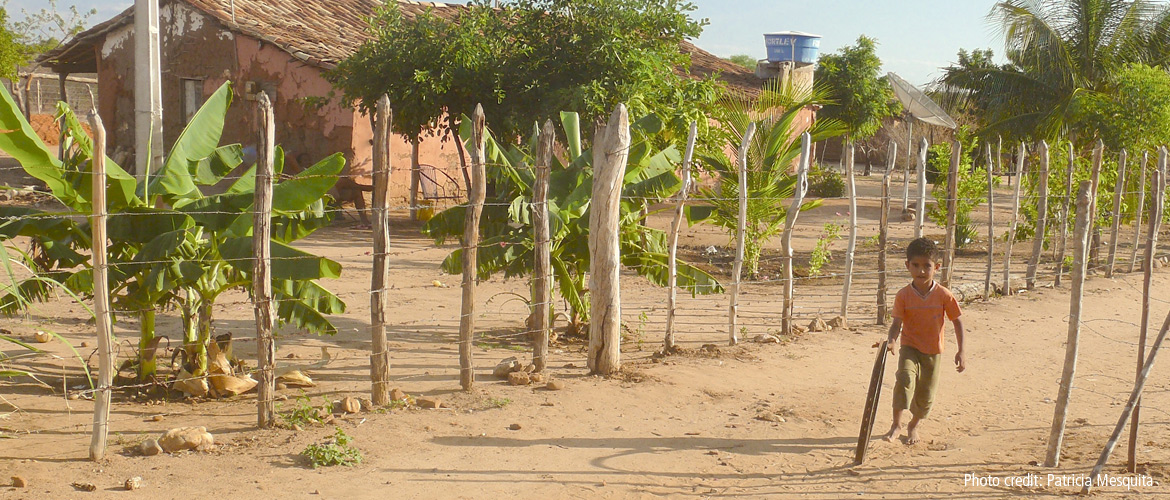
There are many award opportunities for RES Graduate Students, please visit the Graduate and Postdoctoral Studies website for details.
All full-time PhD students will be guaranteed a minimum funding package of $24,000 for each of the first four years of their PhD. This guaranteed minimum doctoral funding package may consist of any combination of internal or external awards, teaching-related work (TA), Research assistantships (RA), and Graduate Academic Assistantships (GAA).
For more details on some of the major awards, please follow the tabs on the left panel.
| Award/ Fellowship | Who can apply? | Specific Citizenship required to apply? |
When is the application period? |
| Aboriginal Graduate Fellowship | Master’s & Doctoral students | Everyone of aboriginal decent. | Fall |
| Affiliated Awards- Doctoral | Doctoral students | Everyone | Fall |
| Affiliated Awards- Master’s | Master’s students | Everyone | Fall |
| Canada Graduate Scholarships- Master’s | Master’s students | Canadian and Permanent Resident | Fall |
| Four Year Fellowships (4YF) | Doctoral students | Everyone | Spring |
| Freda Pagani Scholarship | Master’s & Doctoral students | Everyone | Spring |
| G+PS Travel Award | Master’s & Doctoral students | Everyone | Anytime |
| Les Lavkulich Scholarship | Master’s & Doctoral students | Everyone | Spring |
| NSERC- Doctoral | Doctoral students | Canadian and Permanent Resident | Fall |
| RES Student Travel Award | Master’s & Doctoral students | Everyone | Anytime |
| SSHRC- Doctoral | Doctoral students | Canadian and Permanent Resident | Fall |
| Spring Awards | Master’s & Doctoral students | Everyone | Spring |
| Sumaila-Volvo Graduate Prize in Environmental Sustainability | Master’s & Doctoral Students | Everyone | Spring |
| Trudeau Scholarship | Doctoral students | Everyone | Fall |
| Vanier Scholarship Competition | Doctoral students | Everyone | Late Summer/Fall |
Top Tips for completing all funding applications
- Talk with your advisor regarding your proposal and the appropriate funding agency.
- Start writing your proposal early (in August). Leave time for several rounds of revision, either with your advisor or with fellow students.
- Send out transcript requests. This is particularly important for international students, whose documents may be delayed several weeks by postal/courier services.
- Send out reference requests. You’ll get better comments if you give your reviewers time to consider.
- Attend Dr. Kai Chan’s presentation on tips and strategies when preparing an award’s application. Dr. Chan’s awards presentation is part of the Annual Celebration (student orientation) during the first week of September.
- Leave time to assemble your awards package. The Tricouncil, Vanier, and Trudeau awards use online application systems that take some time to set up and input information. They are also occasionally glitchy.
When filling out the application
- Academic History. It may sound ridiculous but it’s easily done. Don’t forget to include your current program when completing the academic history section of the application form.
- Spell check the whole document. If it is easier write your proposal in word and copy and paste into the form.
- Remember your audience. Remember that the person who will read your application is unlikely to be an expert in your field. Avoid using jargon or making any assumptions. Get someone in a different discipline to read your application and ensure that they understand it.
- Be realistic. Make sure that what you are proposing to do is realistic and that your proposal makes sense. Get someone who knows about your topic to read it before you submit.
- Formatting. Awards councils are very particular about formatting. This is to ensure that everyone is given the same opportunity. Read the formatting guidelines, they differ from one application to another, and abide by them. Don’t get your application rejected because your margins were too small or your font was the wrong size.
Kick back and relax while others scramble to make the deadline.